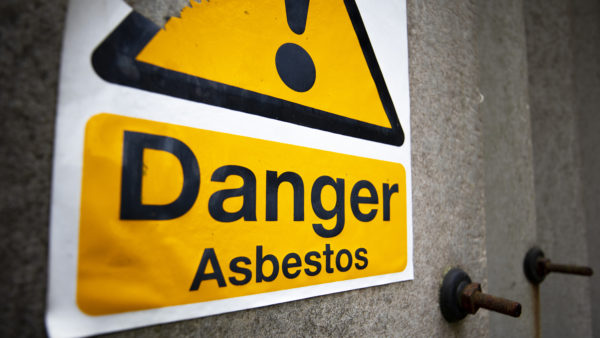
The Scottish government has announced plans to adopt a Scottish ‘Passivhaus’ equivalent standard on all new builds within two years.
The announcement was made by Patrick Harvie MSP, minister for zero-carbon buildings, active travel and tenants’ rights. He promised to fast-track the new standard using secondary legislation in a letter to Labour’s Alex Rowley MSP.
Passivhaus is a design standard that results in an extremely energy efficient building that maintains an almost constant temperature. Rowley has been campaigning on the issue, proposing the Domestic Building Environmental Standards (Scotland) Bill last year.
This would have introduced a Passivhaus standard for new-build homes in Scotland. Harvie has promised to bring into effect the final proposal of the bill.
On 10 January at a meeting in the Scottish Parliament Rowley said: “Support from the building industry for the bill was very much there.
“However, it talked about the issues that it faced, such as access to required materials, geographical imbalance in that access and the need to ensure that there is a trained and skilled workforce.”
Joined-up approach needed
Rowley argued that as well as passing legislation, a “joined-up” approach was needed by the Scottish government to “tackle the difficulties in the Scottish supply chain and engage with the building industry to increase the number of people who gain the skills in the sector”.
He also stressed the importance of “a robust verification process for all new-build housing when implementing the Scottish equivalent to Passivhaus legislation, to ensure that the ambitious standards that are set are met”.
Harvie agreed supply chain and skills issues needed to be addressed. He argued the introduction of the new standard should be seen “as an opportunity and not just a challenge” that could result in “long-term, high-quality careers” in delivering the necessary “transformation in our built environment”.
He said the standard would help reduce carbon emissions, meet the cost-of-living challenge, and “remove the vulnerability” people are exposed to through volatile fossil fuel prices. Harvie also promised the new standard would be developed in consultation.
While the legislation is aimed at new build, the task of retrofitting existing buildings to make them more energy efficient was raised. Harvie said the new standard could help inform new approaches on this front too.










